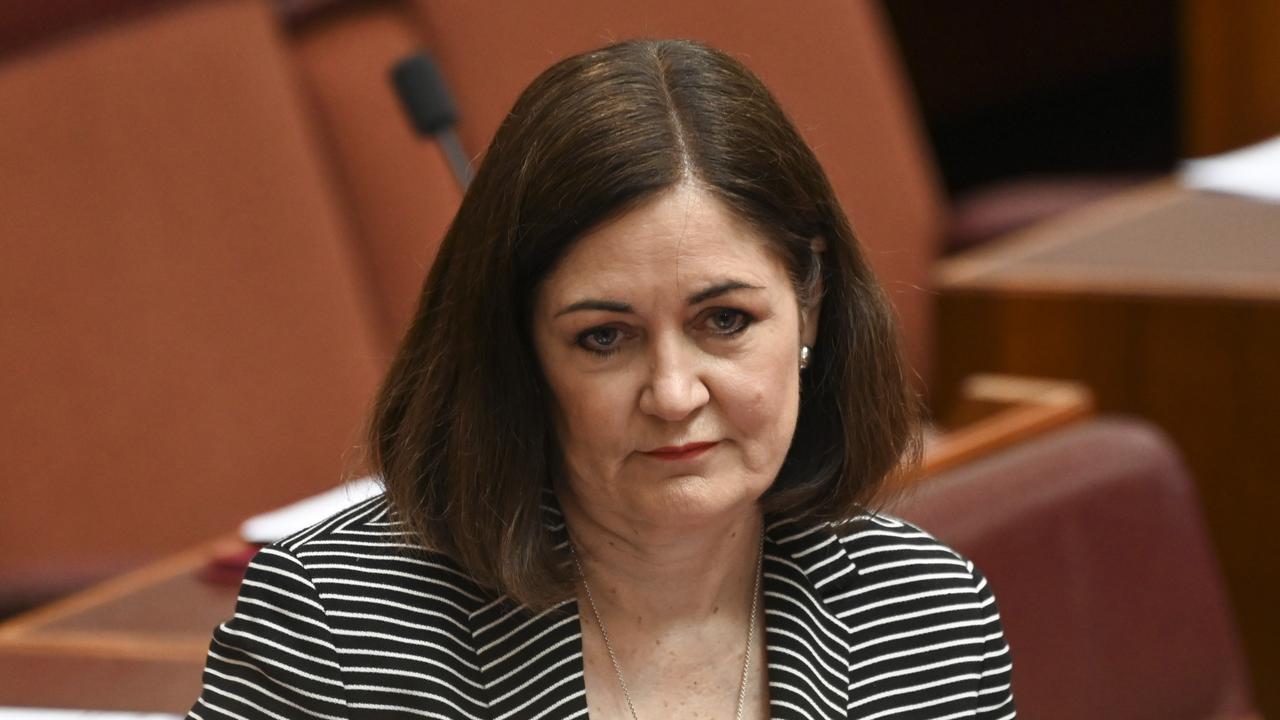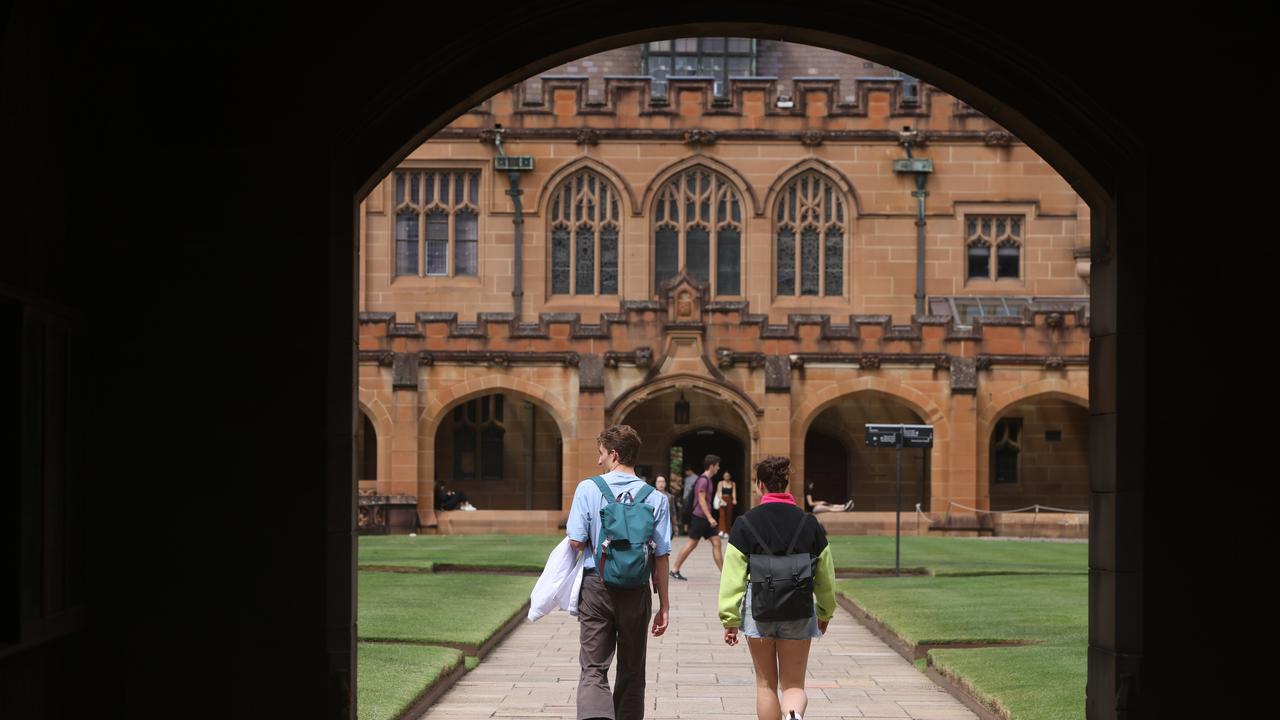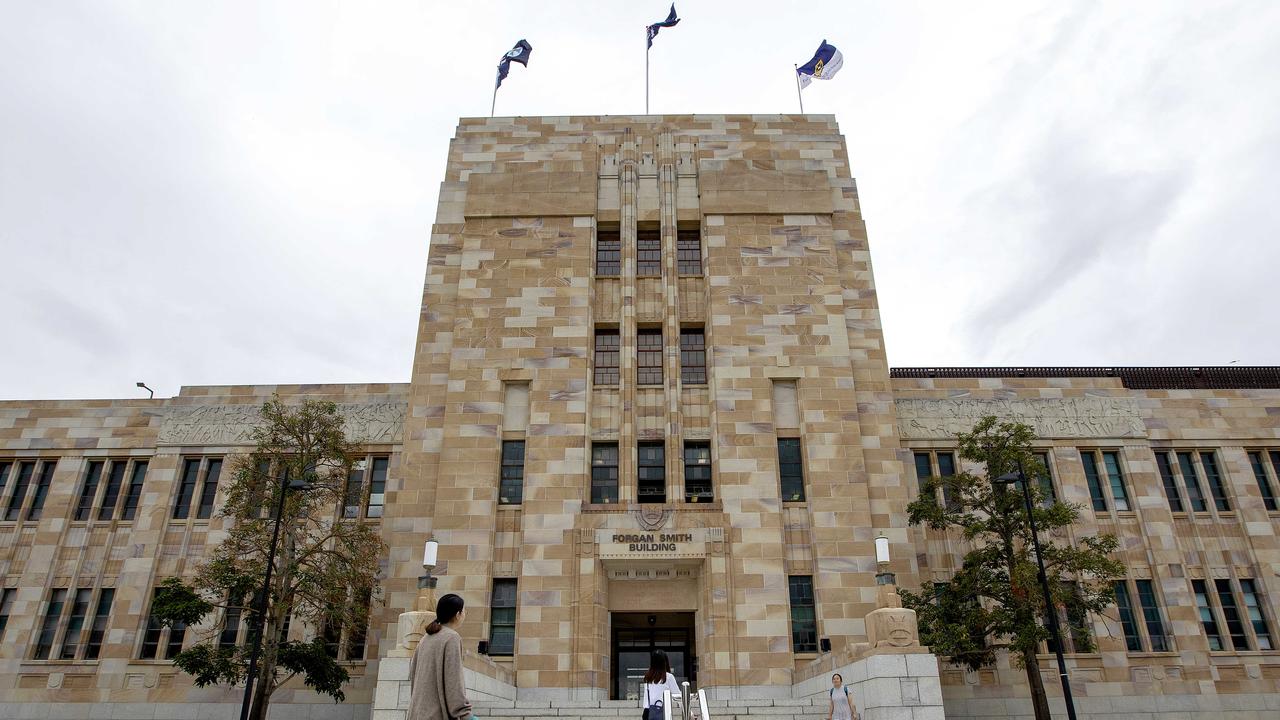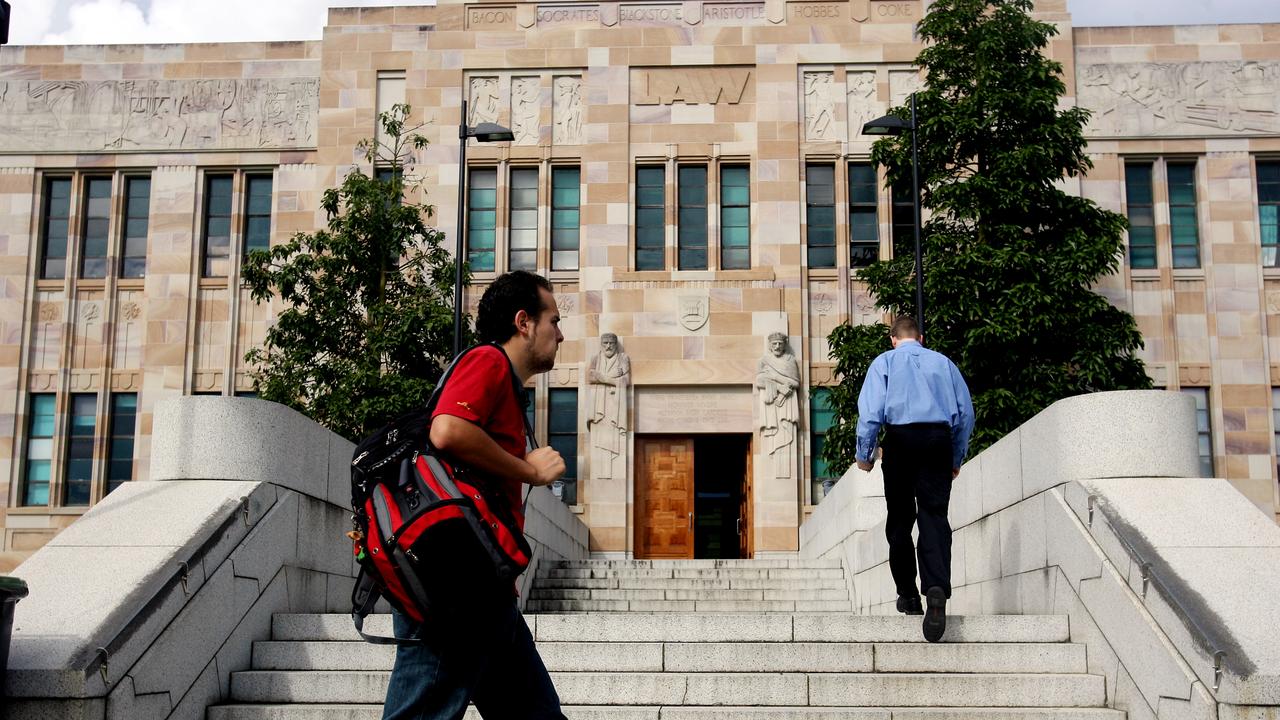Student debt loans to increase by 7.1 per cent today
Millions of Australians will be slugged with a 7.1 per cent increase on their student loans as of today amid calls for intervention.

The opposition has called for the federal government to take “urgent action” as millions of Australians are hit with a massive increase to their student loans.
On Thursday, government loans – including HECS-HELP loans taken out to help pay for university study – will be indexed 7.1 per cent in line with the cost price index.
For the average student loan of $22,636, the hike will drive up the loan by $1584.52, according to research from the Parliamentary Library.
As of June 2022, about three million Australians had some form of student debt, totalling about $74bn.
Opposition education spokeswoman Sarah Henderson said the increase – estimated to impact about three million people – will be “crippling”.
“Fuelled by Labor’s high inflation, this is the highest HECS indexation rate in more than 30 years,” she said.
“Education Minister Jason Clare is clearly tone deaf to the cost of living crisis Australians are facing.
“The government should seriously examine what options can be taken to support young Australians pay down their debts, instead of denying it’s a problem.”

Senator Henderson stopped short of echoing the Greens’ calls for a scrapping of repayments, saying there had been “a lot of bipartisan support” for the system over a long period of time.
“But over the last decade, there’s been an average indexation rate of 2 per cent... I have put forward some immediate solutions that the government can change to make things fair for students,” she said.
“The government has known this has been coming for many, many months, and we’re seeing stubbornly high inflation and no solution in sight. It’s time we saw action.”
Senator Henderson said the “unjust indexing” of student loans already paid off needed urgent action, saying the ATO had “failed” to account for loan repayments in real time.
The federal crossbench has been also been calling for the government to urgently intervene, arguing the loan system is “no longer fit for purpose”.
On Wednesday, crossbenchers met with Mr Clare to discuss their concerns over the loan hike.
In a statement, Goldstein independent MP Zoe Daniel said while Mr Clare would not commit to an immediate change to the means of calculating the loan index, he said the HECS-HELP system “would be reviewed” as part of the Universities Accord he had commissioned.
The loan system’s architect, Professor Bruce Chapman, will assess the now four-decade-old set-up.
North Sydney independent MP Kylea Tink said the review should happen “as a priority” and the government could immediately take action.
She said intergenerational equity was “one of the biggest challenges of our time” and called for the government to consider tying indexation to the RBA’s trimmed or weighted mean, which “more accurately calculates underlying inflation, which would effectively compensate for the current and future burden of higher cost of living pressures”.

- Aren’t HECS loans supposed to be interest free?
Millions of Australians took on HECS-HELP loans when they enrolled in a course at university.
It’s commonplace for students to shrug off the debt as something they will “pay off later” once they start earning serious money, and they can take as long as they like because it’s “interest free”.
While HELP debts are interest free, they do increase every year to keep “in line with changes in the cost of living”, the ATO website reads.

Someone who is still paying off a HECS debt from 2013 will have already seen their debt increase 10 times.
The annual rate of indexation stayed below 2.6 per cent until a major spike to 3.9 per cent last year before climbing to the eye-watering rate of 7.1 per cent this June.

- The biggest losers
The ATO deadline for lodging payments ahead of the indexation – May 25 – has already passed.
The largest debt owed as a result of a HELP loan in Australia is $737,000, according to the Australian Taxation Office.

Despite being within reach of paying off their loans, there is a cohort of former students who will have to keep paying off debt for months after they would have paid it off without the indexation.
- Can I just not pay off my debt?
HECS debt is written off when a person dies, and it was once possible to dodge the debt by moving overseas for long enough.
So while it is possible to avoid paying off student debt, it will start to make life more difficult when being assessed for your capacity to pay off other loans like a mortgage down the track.



